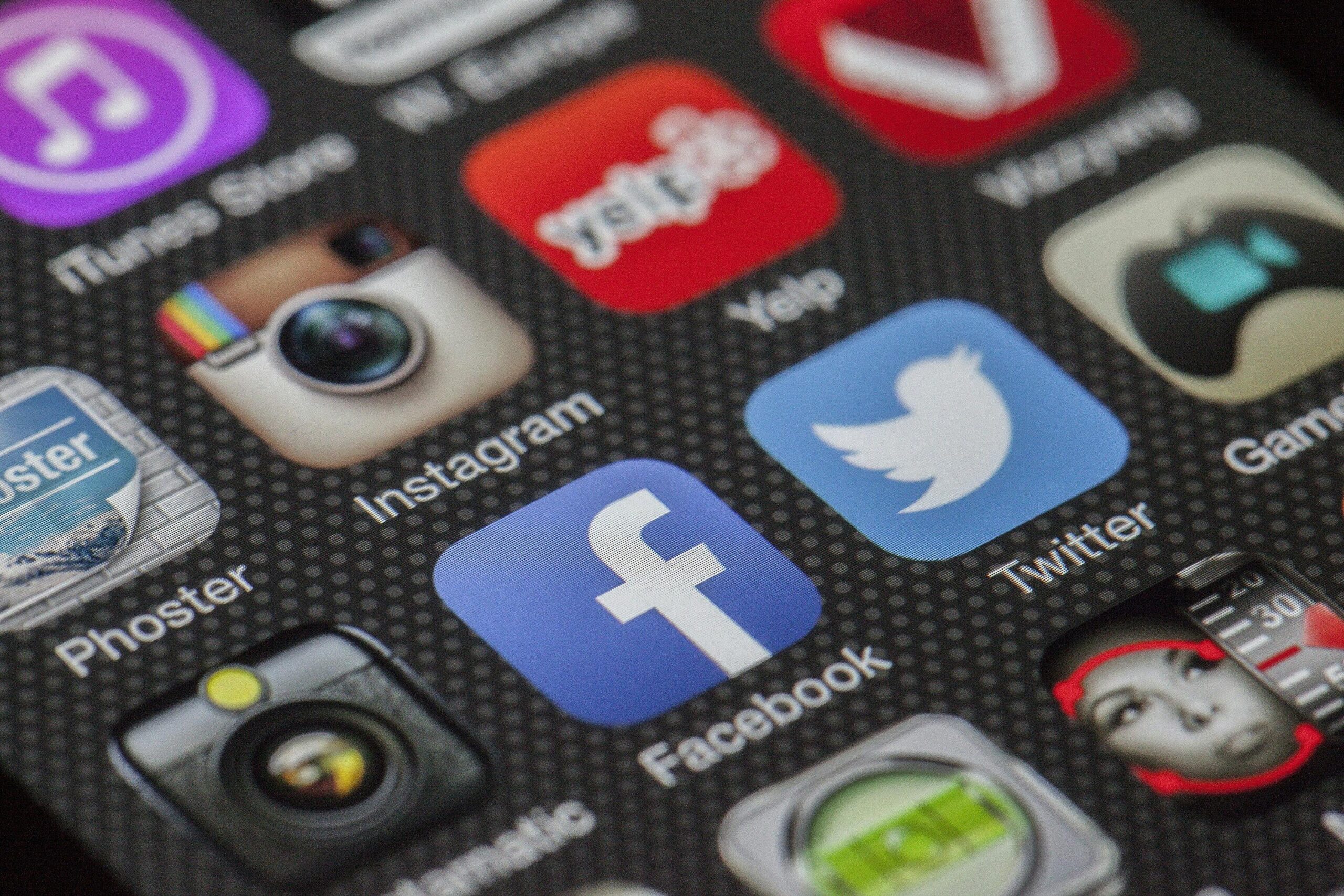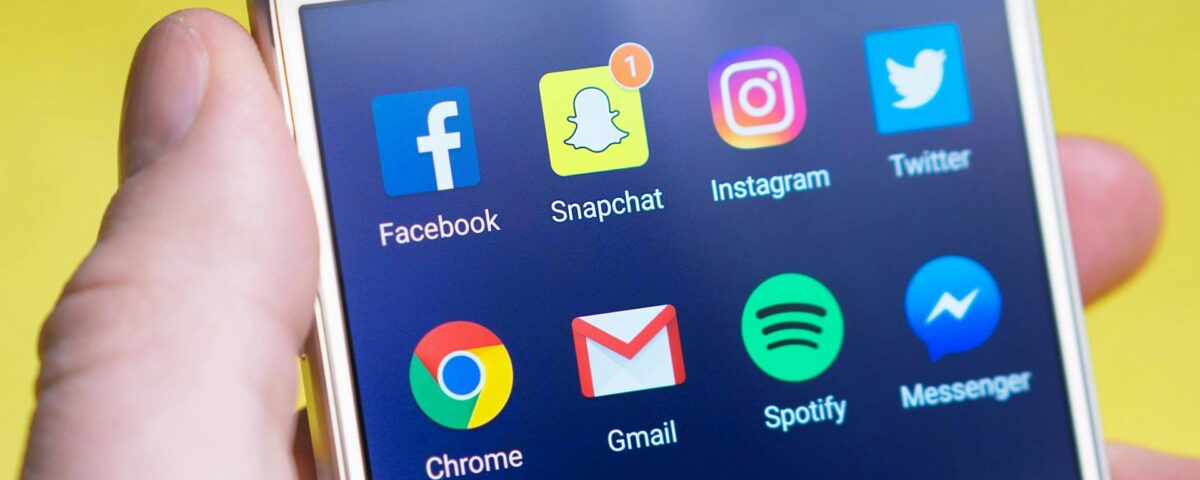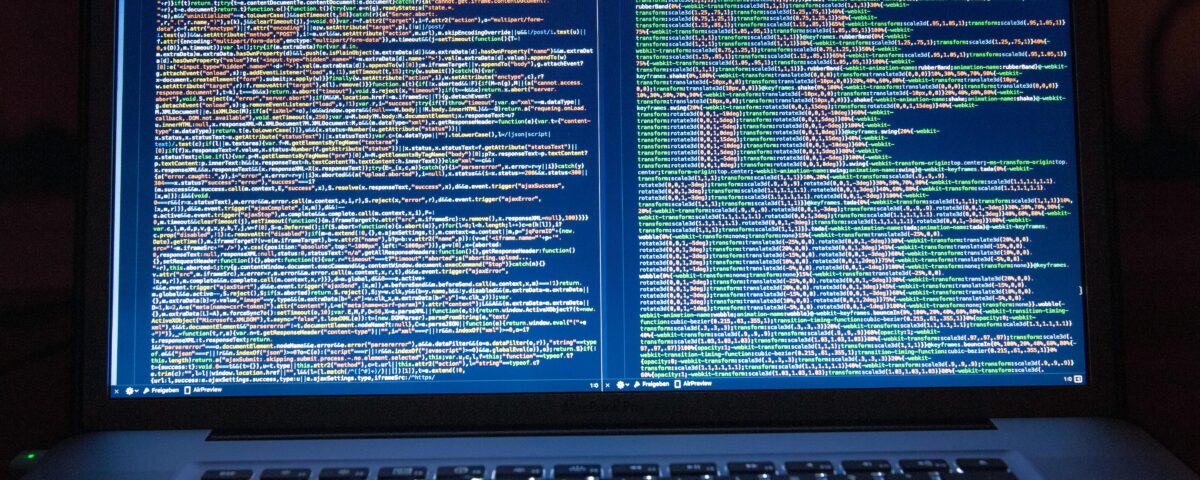The internet is an amazing place—filled with opportunities, information, and connection. But it’s also full of risks that most people don’t even realize exist. Every time you go online, you leave a trail of data behind: your IP address, your location, your browsing habits, even the types of devices you use. Over time, that data is tracked, stored, and analyzed by advertisers, internet providers, and sometimes even hackers. That’s why more people are turning to VPNs—Virtual Private Networks—to protect their privacy and regain control of their online experience.
Understanding What a VPN Does
A VPN creates a secure, encrypted tunnel between your device and the internet. When you connect through a VPN, your data travels through this protected pathway, making it unreadable to anyone who might try to intercept it. Your IP address is replaced with the VPN server’s address, hiding your location and identity. This means websites and advertisers see only the VPN server—not you.
Why Privacy Matters More Than Ever
Online privacy isn’t a luxury anymore; it’s a necessity. Your internet service provider (ISP) can track every site you visit and legally sell that information to advertisers. Social media companies use data to profile your behavior, while hackers lurk on public Wi-Fi, waiting to steal passwords and credit card details. A VPN makes it harder for any of these entities to monitor or exploit your activity. It puts control back in your hands.
Everyday Situations Where a VPN Helps
You might think VPNs are only for tech experts or businesses, but they’re incredibly useful for everyday people. Imagine checking your bank balance while using the free Wi-Fi at an airport. Without a VPN, anyone on that network could potentially intercept your data. Or maybe you’re tired of being bombarded with location-based ads after searching for a product online. A VPN hides your IP address, reducing that invasive targeting.
Remote workers also benefit greatly. Whether you’re logging into company servers or sending sensitive emails, a VPN ensures that your data remains confidential and secure. It’s a small tool with a big impact.
The Rise of Online Surveillance
Governments and corporations now collect massive amounts of information on citizens and customers. Surveillance programs and data-sharing agreements have made it easier than ever to track what people do online. Even “private” browsing modes don’t fully protect you—they just stop storing history locally. Using a VPN encrypts your traffic end-to-end, making it nearly impossible for outside entities to monitor your online movements.
The Added Bonus of Freedom
Privacy isn’t just about security—it’s about freedom. VPNs let you explore the web without borders. If a website or streaming service is restricted in your region, you can connect to a VPN server in another country and access it as if you were there. This is especially useful for travelers or anyone living in regions where online content is censored or blocked.
A Simple Step Toward Safer Internet Use
Setting up a VPN is incredibly easy today. Most services have apps for phones, tablets, and computers. Once installed, you simply log in, choose a server, and click “connect.” In seconds, your connection becomes private and secure. While nothing can make you 100% invisible online, using a VPN is one of the most effective and affordable ways to strengthen your digital defenses.
Final Thoughts
Your online privacy is worth protecting. With so many eyes watching and so much data being collected, a VPN gives you the power to browse, shop, and communicate without constantly worrying who’s tracking you. In a world where personal information is more valuable than gold, a VPN is your shield in the digital age.









